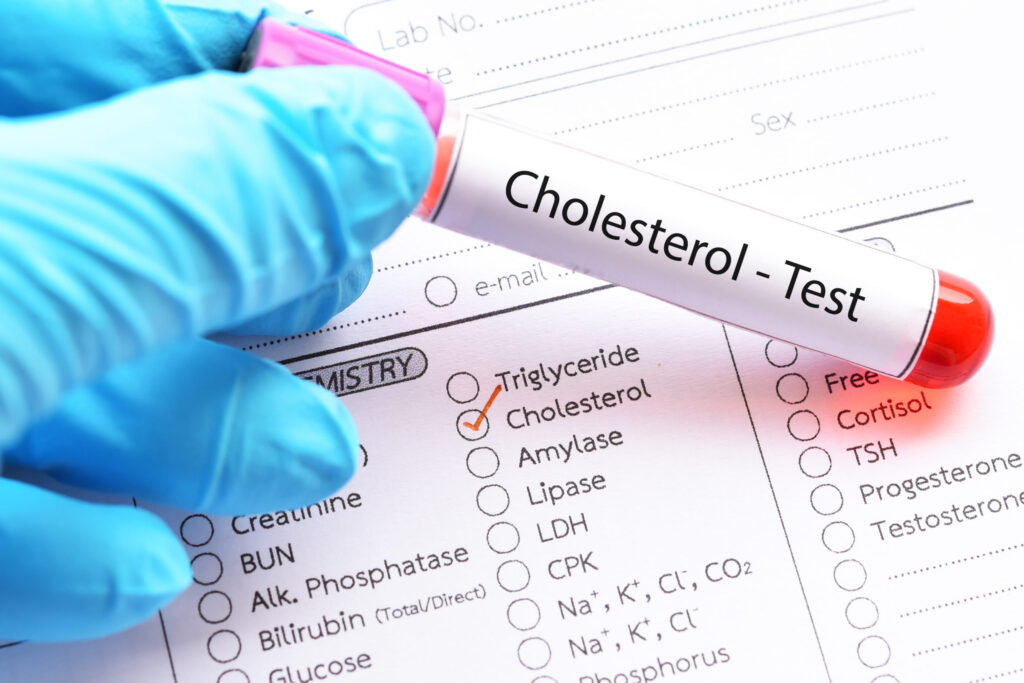Understanding High Cholesterol
It Feels Like Home!

Understanding High Cholesterol: Causes, Symptoms, and Management Strategies.
Understanding High cholesterol, a prevalent health concern worldwide, poses significant risks for cardiovascular disease and other serious medical conditions. Recognizing the factors contributing to high cholesterol levels, understanding its potential consequences, and implementing effective management strategies are essential for maintaining optimal health. In this article, we’ll delve into the intricacies of high cholesterol, providing valuable insights into its causes, symptoms, and approaches to management.
1. What is High Cholesterol?
- High cholesterol, also known as hypercholesterolemia, refers to elevated levels of cholesterol in the blood. Cholesterol is a waxy, fat-like substance found in the cells of the body and is essential for various physiological functions. However, excess cholesterol can accumulate in the bloodstream, leading to the formation of plaque in the arteries and increasing the risk of cardiovascular diseases such as heart attack and stroke.
2. Causes of High Cholesterol:
- High cholesterol levels can result from a combination of genetic, lifestyle, and dietary factors. Certain genetic conditions, such as familial hypercholesterolemia, can predispose individuals to elevated cholesterol levels. Unhealthy dietary habits, including excessive consumption of saturated fats and cholesterol-rich foods, can also contribute to high cholesterol. Additionally, factors such as obesity, lack of physical activity, smoking, and certain medical conditions can increase cholesterol levels.
3. Symptoms of High Cholesterol:
- High cholesterol typically does not cause symptoms in the early stages, making it often referred to as a “silent” condition. Many individuals may be unaware of their high cholesterol levels until they undergo a blood test as part of a routine health checkup or screening. In some cases, symptoms may manifest only when complications such as heart disease or stroke develop.
4. Diagnosis and Screening:
- Diagnosis of high cholesterol involves a simple blood test called a lipid profile, which measures levels of various types of cholesterol, including low-density lipoprotein (LDL) cholesterol, high-density lipoprotein (HDL) cholesterol, and triglycerides. Screening for high cholesterol is recommended for adults starting at age 20 and should be performed regularly, especially for individuals with risk factors such as obesity, family history of heart disease, or diabetes.
5. Management and Treatment:
- Management of high cholesterol typically involves lifestyle modifications, dietary changes, and, in some cases, medication. Adopting a heart-healthy diet low in saturated fats and cholesterol, increasing physical activity, maintaining a healthy weight, quitting smoking, and limiting alcohol intake are essential for lowering cholesterol levels. Medications such as statins, fibrates, and cholesterol absorption inhibitors may be prescribed by healthcare providers to help lower cholesterol levels when lifestyle changes alone are insufficient.
6. Prevention Strategies:
- Preventing high cholesterol involves adopting a proactive approach to heart health through healthy lifestyle choices and regular medical screenings. Eating a balanced diet rich in fruits, vegetables, whole grains, and lean proteins, engaging in regular physical activity, managing stress levels, and avoiding tobacco use are key strategies for maintaining optimal cholesterol levels and reducing the risk of cardiovascular disease.
Understanding High Cholesterol, is a prevalent health condition with serious implications for cardiovascular health and overall well-being. By understanding the causes, recognizing the symptoms, and implementing effective management strategies, individuals can take control of their cholesterol levels and reduce their risk of heart disease and other complications. Through a combination of healthy lifestyle choices, regular screenings, and medical interventions as needed, individuals can maintain optimal cholesterol levels and enjoy a lifetime of heart health.
